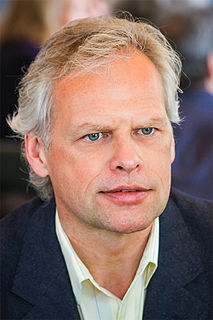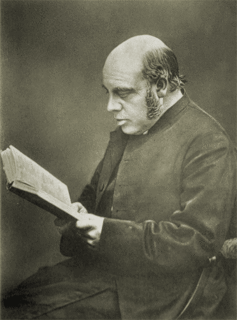A Quote by Mina Loy
LOVE of others is the appreciation of one's self. MAY your egotism be so gigantic that you comprise mankind in your self-sympathy.
Related Quotes
All you need is already within you, only you must approach your self with reverence and love. Self-condemnation and self-distrust are grievous errors. Your constant flight from pain and search for pleasure is a sign of love you bear for your self, all I plead with you is this: make love of your self perfect. Deny yourself nothing -- glue your self infinity and eternity and discover that you do not need them; you are beyond.
When you are free of your self in your heart, your labouring within your self is therapeutic to your self. It is a constant blend into your self of what your own Being is. The movement of love, enjoying being at work in the self. The movement of love, enjoying making a change in your self. The enjoyment of application.
Self-love grows when you trust that the universe is on your side, form your desires from the heart and watch the higher Self carry them out, believe that you are enough in and of yourself, heed the tenderness and sweetness of your love for others, put your attention on positive energies in every situation, honor your own needs without having to seek outside approval, and cultivate the peace of inner silence.
Love is about bottomless empathy, born out of the heart’s revelation that another person is every bit as real as you are. And this is why love, as I understand it, is always specific. Trying to love all of humanity may be a worthy endeavor, but, in a funny way, it keeps the focus on the self, on the self’s own moral or spiritual well-being. Whereas, to love a specific person, and to identify with his or her struggles and joys as if they were your own, you have to surrender some of your self.
Be your authentic self. Your authentic self is who you are when you have no fear of judgment, or before the world starts pushing you around and telling you who you're supposed to be. Your fictional self is who you are when you have a social mask on to please everyone else. Give yourself permission to be your authentic self.
If "man who supports his family, at all costs, even his own happiness" is Who You Are, then love your work, because it is facilitating your creation of a living statement of Self. If "woman who works at job she hates in order to meet responsibilities as she sees them" is Who You Are, then love, love, love your job, for it totally supports your Self image, your Self concept. Everyone can love everything the moment they understand what they are doing, and why. No one does anything he doesn't want to do.
Think not you are charitable if the love of Jesus and His brethren be not purely the motive of your gifts. Alas! you might not give your superfluities, but "bestow all your goods to feed the poor;" you might even "give your body to be burned" for them, and yet be utterly destitute of charity, if self-seeking, self-pleasing or self-ends guide you; and guide you they must, until the love of God be by the Holy Ghost shed abroad in your heart.
Others may question your credentials, your papers, your degrees. Others may look for all kinds of ways to diminish your worth. But what is inside you no one can take from you or tarnish. This is your worth, who you really are, your degree that can go with you wherever you go, that you bring with you the moment you come into a room, that can't be manipulated or shaken. Without that sense of self, no amount of paper, no pedigree, and no credentials can make you legit. No matter what, you have to feel legit inside first.
If you are blessed with great fortunes. . . you may love your fate. But your fate never guarantees the security of those great fortunes. As soon as you realize your helplessness at the mercy of your fate, you are again in despair. Thus the hatred of fate can be generated not only by misfortunes, but also by great fortunes. Your hatred of fate is at the same time your hatred of your self. You hate your self for being so helpless under the crushing power of fate.
A self that is only differentiated - not integrated - may attain great individual accomplishments, but risks being mired in self-centered egotism. By the same token, a person who self is based exclusively on integration will be well connected and secure, but lack autonomous individuality. Only when a person invests equal amounts of psychic energy in these two processes and avoids both selfishness and conformity is the self likely to reflect complexity.





































